 Data science
Data science
The two calls supported a total of 26 projects in the area of data science for the generation of evidence and innovation focused on maternal, child and women's health.
Round 1
Challenge
Developing and validating approaches to foster maternal and child health is challenging due to the complex interaction of biological, environmental and social factors. Furthermore, policy recommendations for such approaches frequently lack sufficient supporting scientific evidence, while clinical trials are expensive, time-consuming, and increasingly difficult to implement. There is now a key opportunity to accelerate research in this area by analyzing administrative and clinical outcomes databases in Brazil to formulate public health recommendations that are data-driven and cost effective.
Goal
This call is an outcome of the All Children Thriving call and also part of another initiative funded by the Gates Foundation in 2010 named Healthy Birth, Growth and Development Knowledge integration (HBGDki). The goal of this program is to use data science tools to develop a deep understanding of the risk factors contributing to poor outcomes in preterm birth, physical growth faltering, and impaired neurocognitive development.
The purpose of this call for proposals is to promote new and novel approaches to analyzing data related to social programs and public health in Brazil to produce novel insights which can be used to improve maternal and child health in Brazil and around the world.. Applicants were able to choose to work with large datasets available to them or to collaborate with Center for Data and Knowledge Integration for Health (CIDACS) to explore their linked anonymized dataset (100 million Brazilian Cohort).
The call supported proposals designed to answer critical scientific questions related to maternal and child health and development outcomes that:
- That apply innovative analyses or machine learning techniques to identify patterns in data from “natural experiments” (e.g., the impact of economic cycles on the quality of primary care and health outcomes);
- That stratify risk of adverse pregnancy outcomes, including preterm birth and low birth weight;
- That incorporate weight gain during pregnancy as a variable, including helping to determine the relative contributions to neonatal health outcomes of maternal diet quantity versus quality;
- That determine the relative contributions to infant health outcomes of diet quantity versus quality (e.g., protein quantity versus quality);
That target underexplored subsets of data (e.g., rare but significant HBGD events that can be studied because of the large size and statistical power of the database); - That help convert correlations to causal hypotheses (e.g., health outcomes correlated to sex differences, maternal education, birth spacing, age of first pregnancy, establishing causal impact of air pollution on fetal growth);
- That identify new ways to aggregate risk factors and identify vulnerable populations for adverse maternal and child health outcomes, including innovative data integration strategies and visualization tools;
- That specifically incorporate the roles of women – as perceived locally – from adolescence to motherhood (including pregnancy during adolescence);
- That evaluate programs for pre-pregnancy intervention for women and the effect of doing so on prenatal, maternal, fetal and neonatal mortality;
- That determine the best care for low-birth-weight babies;
That help determine the window of opportunity to foster catch-up growth for preterm and low-birth-weight babies, and the most effective interventions for doing so; - That help identify critical periods for intervention during pregnancy and early childhood;
- That stratify risk of stunting and wasting from birth through two years of age;
- That target root causes of maternal mortality, including caesarean section, and address the most vulnerable population groups considering age and ethnicity;
- That investigate the "double burden" of disease in Brazil leading to pockets of stunting and wasting in parallel with pockets with rising rates of childhood obesity;
- That stratify risks for child development aiming to establish national indicators for healthy development from the neonatal period to the first two years of the children addressing preferably most vulnerable population groups considering age and ethnicity;
- That help to understand the relationship between social indicators, nutritional conditions and mortality from the prenatal period to the early childhood. We welcome applications addressing traditional and vulnerable populations.
Round 2
Challenge
There remain key knowledge gaps in understanding how nutrition, prenatal and antenatal care, maternal support, and environmental and social factors contribute to an elevated risk of poor maternal and childhood health outcomes, mainly in the primary Health Care and health surveillance areas. More specifically, social, environmental, and cultural determinants of health.
In 2018, GCE partners in Brazil launched the first Brazil-exclusive call for projects on data science to improve maternal and child’s health. On the occasion, 14 projects were selected from six Brazilian states and the results were considered positive and promising. Having seen the impact, the Brazilian Ministry of Health along with the Bill & Melinda Gates Foundation, and the National Council for Scientific and Technological Development (CNPq) decided to launch a second call to fund data science projects. This time, the focus was not only on maternal and child’s health, but also in women and children’s health, taking into account how these areas interface with risk factor such as social, racial and geographical vulnerabilities, and aligned with the Sustainable Development Goals.
Goal
To support research projects that intend to contribute significantly to the scientific and technological development and to innovation in the country, in the field of data sciences, to improve Maternal and Child Health, Women’s Health and the Health of Children in Brazil). The proposals focused on innovative approaches to data analysis and modeling that could be applied to databases from DATASUS/MS, in CIDACS (Cohort 100M SINASC-SIM-SISVAN), at ICICT/FIOCRUZ, or to other datasets that the candidates have access to.
Specifically, the call supported proposals designed to work with:
- innovative and technical analysis that employs machine learning to identify data patterns and natural experiments (e.g. the impact of economic cycles on primary care quality;
- monitoring, visualization, simulation, and health indicator projection tools that support the management of public health programs related to women health, child health, and nutrition programs;
- geo-referenced prediction models with vulnerability risk stratification for infant mortality;
- assess infectious and non-infectious factors related to the occurrence of changes in growth and development during pregnancy and up until early childhood;
- predictive models for the development of chronic diseases such as hypertension in children whose mothers had eclampsia, pre-eclampsia and hypertension, or even diabetes in children whose mothers were diabetic or had gestational diabetes;
- develop and/or evaluate strategies for the reduction of maternal mortality, considering the main causes, estimation of preventable deaths and potential recommendations to improve public policies in this field;
- identify factors associated with alcohol and drug abuse among women and their impact on health outcomes;
- evaluate interventions performed in Primary Health Care to control dietary risk factors for chronic conditions and nutritional problems in women, children and during pregnancy;
- assess the impact of nutritional status, gestational weight gain and health status on maternal and child outcomes based on data from the SISVAN;
- study breastfeeding and / or food intake and nutritional and health outcomes (nutritional status, deaths, hospitalizations) based on data from SISVAN and from other health information systems, preferably those that assess vulnerable populations at different stages of their lives.
Projects in Data science
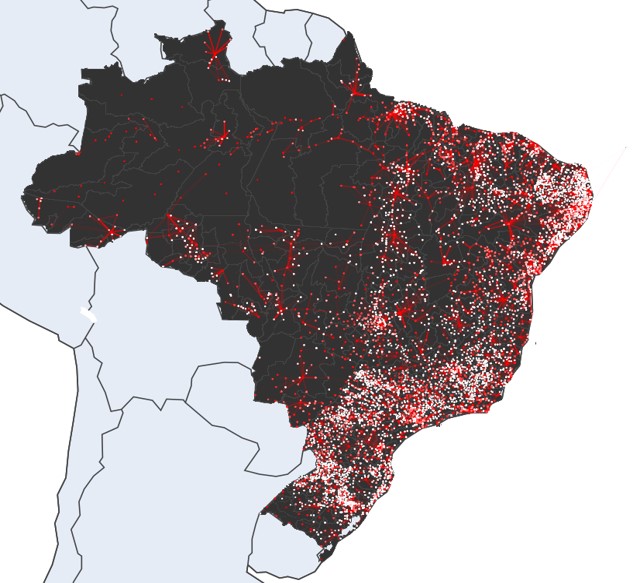
Accessibility to services: proximity to health facilities and the importance of adequate care in reducing maternal and child mortality from preventable causes
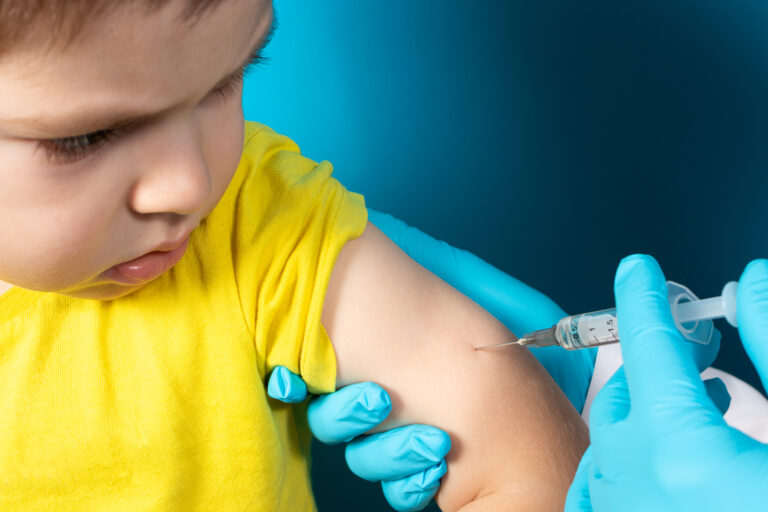
The role of social media, Bolsa Família Program and Primary Health Care in vaccination coverage for children under five in Brazil - CoVac Project

“Mind the Gap”- identifying family poverty profiles and designing scenarios to overcome child poverty in post-pandemic years
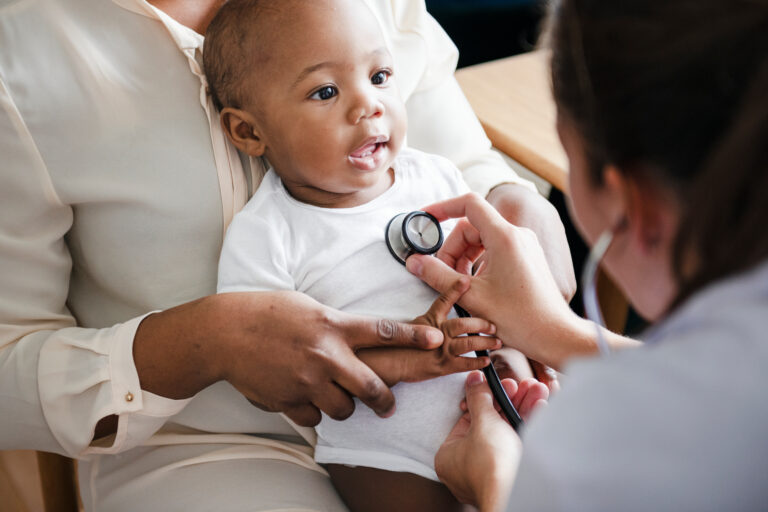
Breastfeeding in Brazil in the MATRECI model: Mapping, Trend, Clustering, and Impact

Defining optimal gestational weight gain based on the new Brazilian charts: Impact on public health nutrition policy using linked data from SISVAN-SINASC

Predictive factors of response to treatment offered by SUS in women crack cocaine users: epigenomic analyses and supervised learning algorithms
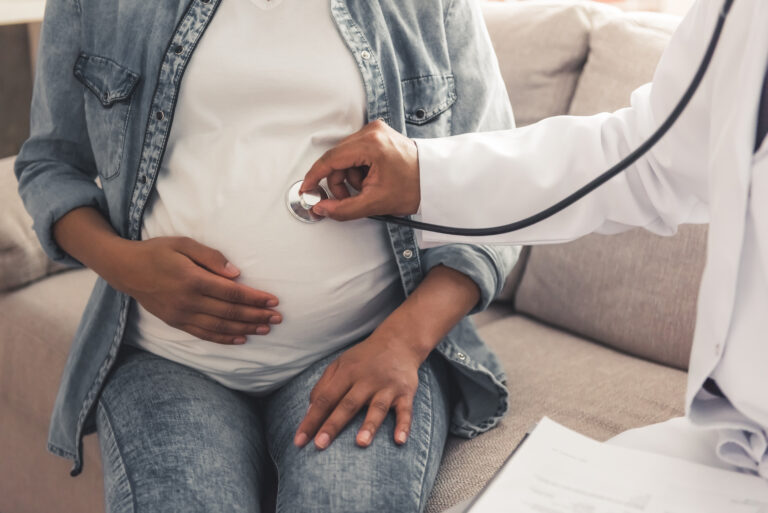
System for identification, monitoring, and forecasting of maternal near miss cases

Brazilian Obstetric Observatory
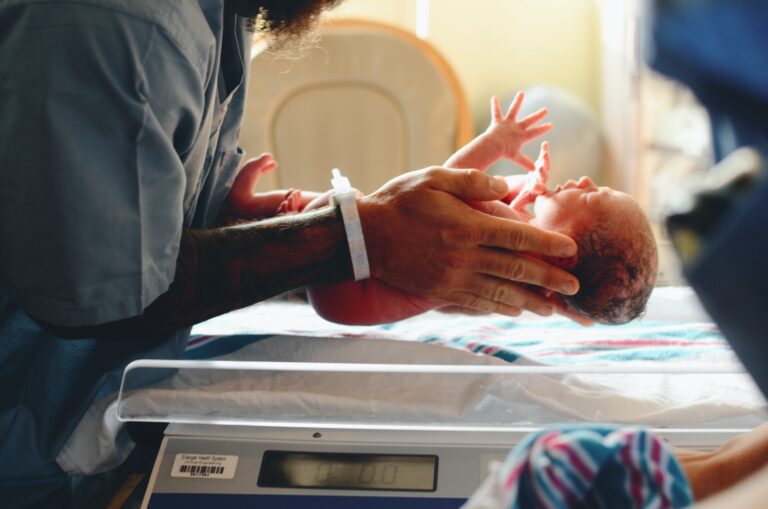
Make childbirth interventions more visible through information systems

Using a database of multiple environmental pollutants to establish critical limits on exposure to air pollution in maternal and child health in Brazil
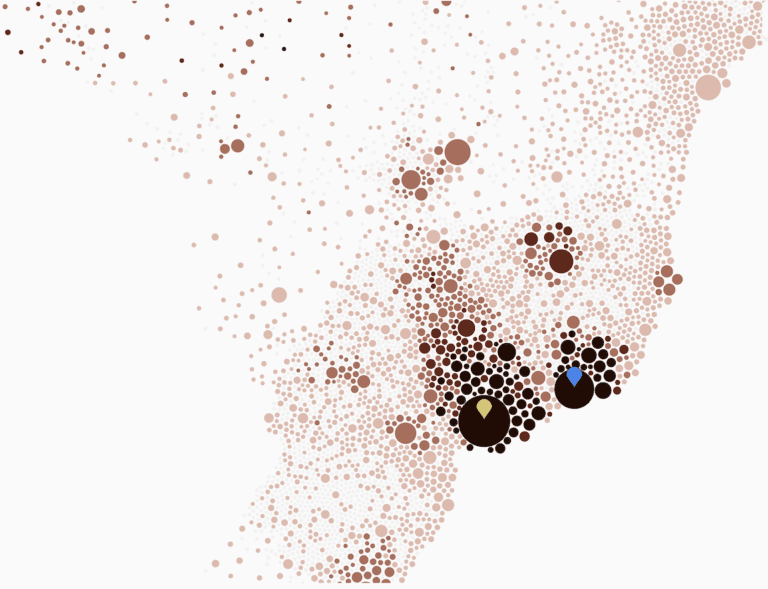
AMPLIA SAÚDE – pre and perinatal period observatory

Use of real-world data and machine learning to monitor maternal mortality and severe maternal morbidity
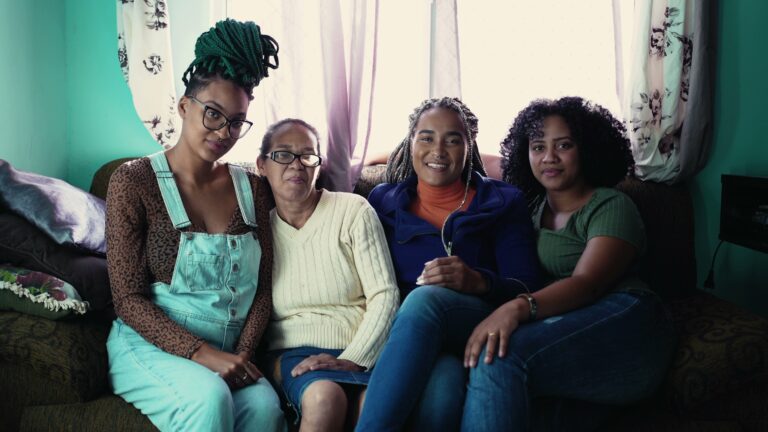
The intergenerational impact of conditional cash transfers on newborn health

Using geocoded big data to identify causal links between infectious diseases and child developmental outcomes
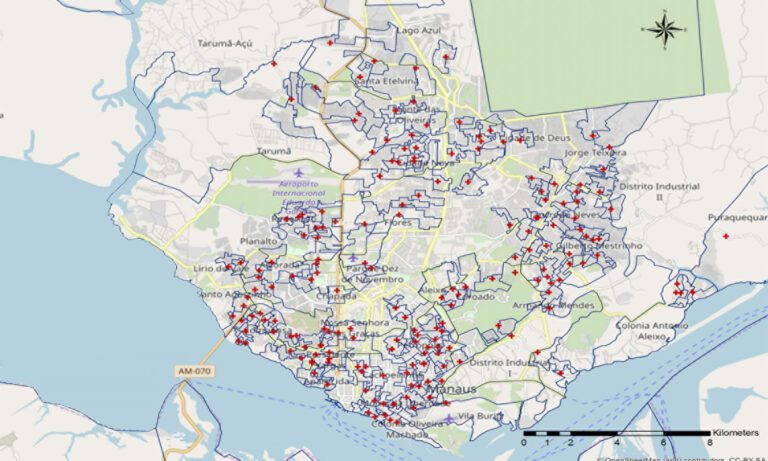
Data-driven risk stratification for preterm birth in Brazil: development of a machine learning based innovation for health care
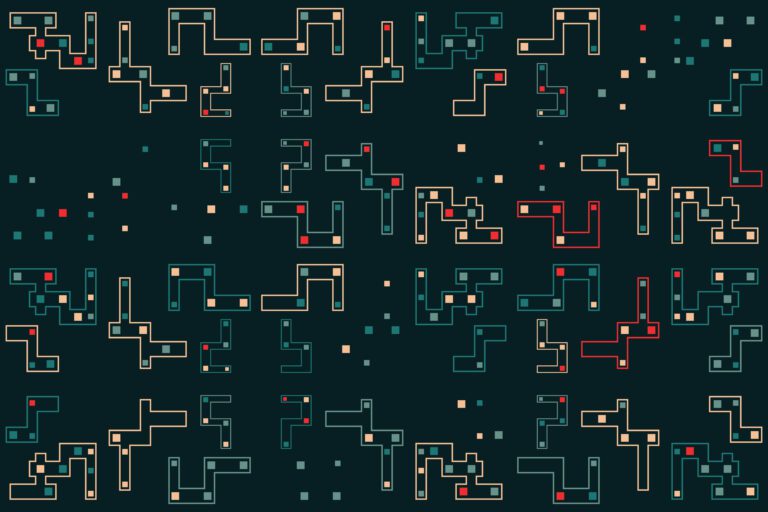
Use of interactive infographic in the PMCP - Analysis of indicators to improve the quality of maternal and child health

Using the 100M Cohort to establish critical air pollution thresholds for safe childbirth in Brazil
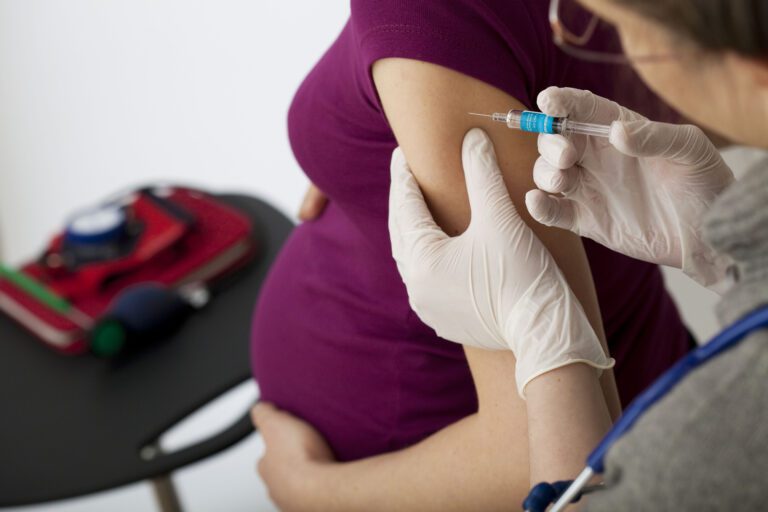
Influenza in Pregnancy and Birth Outcomes in the Brazilian Semi-Arid: The INFLUEN-SA Study

Data science to inform the design and evaluation of interventions to improve perinatal outcomes: lessons from the Mãe Coruja program

Spatial analysis of children vaccination coverage and their relation to socioeconomic and health characteristics in Brazil

Assessing the impact of hospital-based breastfeeding interventions on infant health

Decision-Making Support Platform Based on Visual Analytics and Machine Learning to Subsidize Public Politics Focused on Gestational Health

How and when: disentangling cash and care effects of CCTs on Birth Outcomes
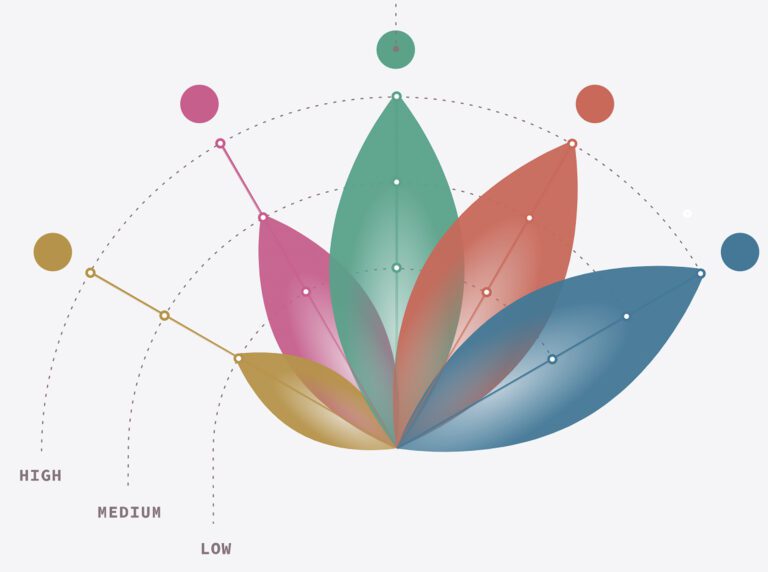
Early childhood development friendly index: assessing the enabling environment for nurturing care in Brazilian municipalities

Potential pregnancy days lost (PPDL): an innovative gestational age measure to assess maternal and child health interventions and outcomes
Latest studies published in Data science
No studies registered.


